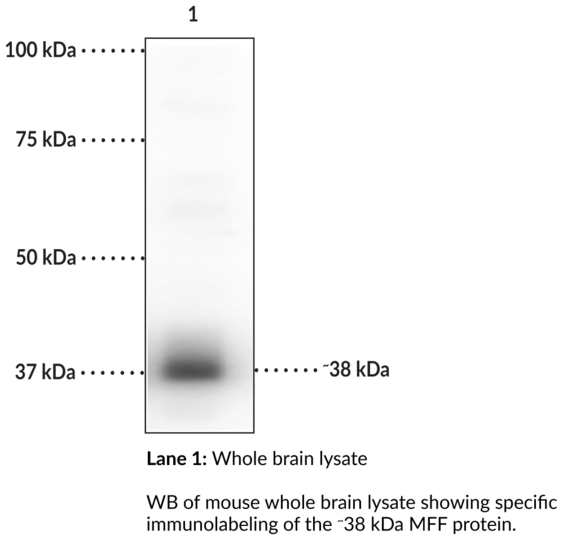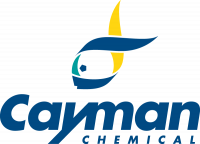Cookie preferences
This website uses cookies, which are necessary for the technical operation of the website and are always set. Other cookies, which increase the comfort when using this website, are used for direct advertising or to facilitate interaction with other websites and social networks, are only set with your consent.
Configuration
Technically required
These cookies are necessary for the basic functions of the shop.
"Allow all cookies" cookie
"Decline all cookies" cookie
CSRF token
Cookie preferences
Currency change
Customer-specific caching
FACT-Finder tracking
Individual prices
Selected shop
Session
Comfort functions
These cookies are used to make the shopping experience even more appealing, for example for the recognition of the visitor.
Note
Show the facebook fanpage in the right blod sidebar
Statistics & Tracking
Affiliate program
Conversion and usertracking via Google Tag Manager
Track device being used

| Item number | Size | Datasheet | Manual | SDS | Delivery time | Quantity | Price |
|---|---|---|---|---|---|---|---|
| Cay29284-100 | 100 µl | - |
6 - 10 business days* |
542.00€
|
If you have any questions, please use our Contact Form.
You can also order by e-mail: info@biomol.com
Larger quantity required? Request bulk
You can also order by e-mail: info@biomol.com
Larger quantity required? Request bulk
Mitochondrial fission factor (MFF) is a tail-anchored membrane protein with roles in... more
Product information "Anti-Mitochondrial Fission Factor"
Mitochondrial fission factor (MFF) is a tail-anchored membrane protein with roles in mitochondrial and peroxisomal fission. It is localized to the outer membrane of mitochondria, as well as the membrane-restricted regions of elongated peroxisomes. It is composed of a cytoplasmic N-terminus that functions as a receptor for the GTPases dynamin-related protein 1 (DRP1) and dynamin-like protein 1 (DLP1), a central coiled-coil domain, and a C-terminal transmembrane domain. siRNA knockdown of MFF inhibits DRP1 recruitment and mitochondrial fission induced by loss of mitochondrial membrane potential and delays cytochrome c release from mitochondria and apoptotic progression in vitro. MicroRNA knockdown of MFF inhibits norepinephrine-induced hypertrophy and mitochondrial fission in isolated neonatal rat ventricular cells. MFF is overexpressed in various cancer cells and knockdown of MFF reduces tumor volume in a PC3 mouse xenograft model. Cayman's Mitochondrial Fission Factor Polyclonal Antibody can be used for immunohistochemistry (IHC) and Western blot (WB) applications. The antibody recognizes MFF at approximately 38 kDa from human, bovine, and mouse samples.Synonyms: Chromosome Open Reading Frame 33, MFF. Immunogen: Recombinant human MFF. Formulation: (Request formulation change), 100 µl of polyclonal antibody neat serum. Storage Buffer: 0.09% sodium azide. Host: Rabbit. Applications: IHC, WB.
| Keywords: | Chromosome Open Reading Frame 33, MFF |
| Supplier: | Cayman Chemical |
| Supplier-Nr: | 29284 |
Properties
| Application: | IHC, WB |
| Antibody Type: | Polyclonal |
| Conjugate: | No |
| Host: | Rabbit |
| Species reactivity: | human, bovine, mouse |
| Immunogen: | Recombinant human MFF |
| MW: | 38 kD |
| Format: | Neat Serum |
Database Information
| KEGG ID : | K22076 | Matching products |
| UniProt ID : | Q9GZY8 | Matching products |
| Gene ID : | GeneID 56947 | Matching products |
Handling & Safety
| Storage: | -20°C |
| Shipping: | -20°C (International: -20°C) |
Caution
Our products are for laboratory research use only: Not for administration to humans!
Our products are for laboratory research use only: Not for administration to humans!
Information about the product reference will follow.
more
You will get a certificate here
Viewed


